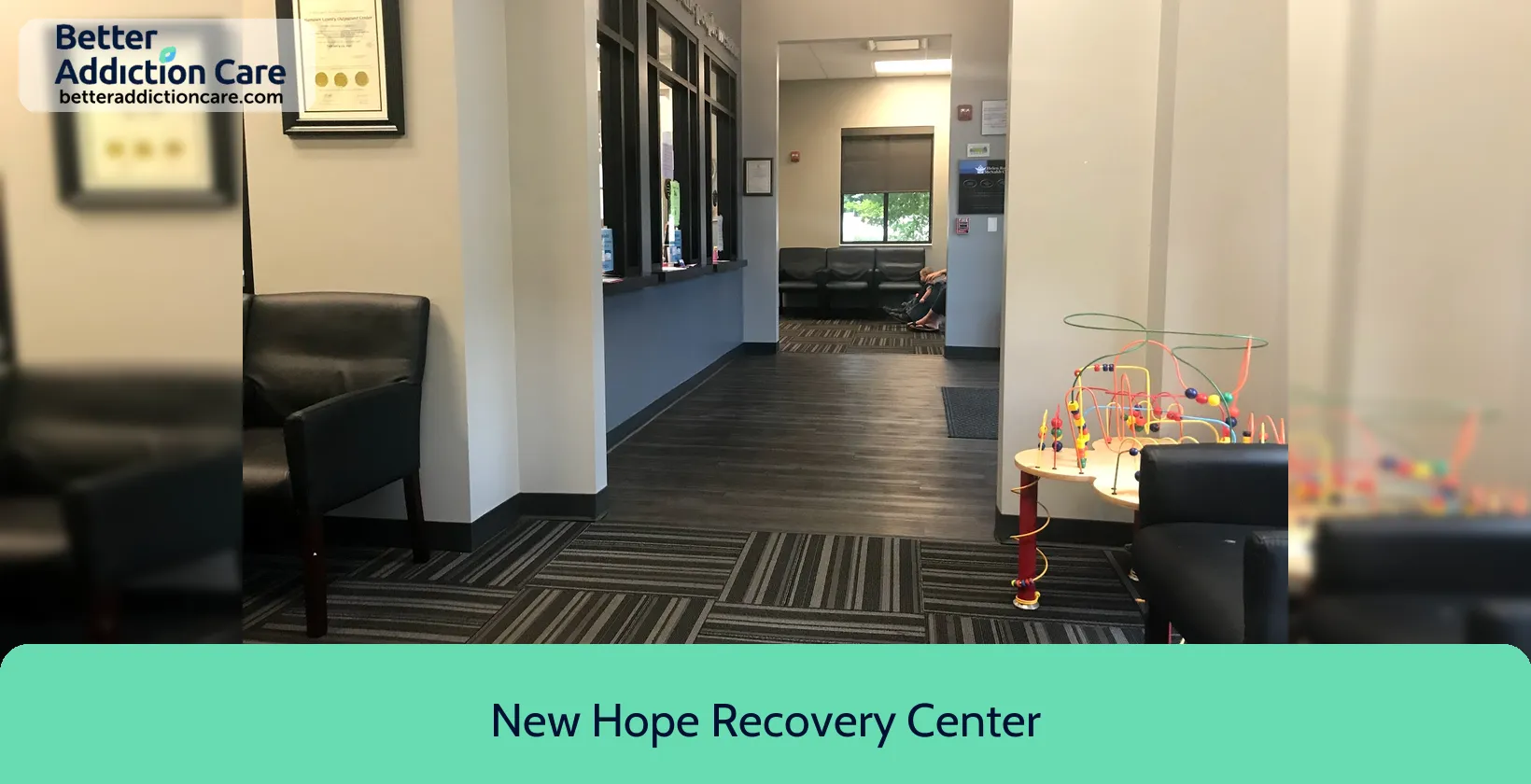New Hope Recovery Center
Overview
New Hope Recovery Center is a substance abuse treatment center for people seeking treatment near Hamblen County. As part of their treatment modalities for recovery, New Hope Recovery Center provides group counseling, family counseling, and individual psychotherapy during treatment. New Hope Recovery Center is located in Morristown, Tennessee, accepting cash or self-payment for treatment.
New Hope Recovery Center at a Glance
Payment Options
- Cash or self-payment
- Medicaid
- Medicare
- State-financed health insurance plan other than Medicaid
- Private health insurance
Assessments
- Screening for tobacco use
- Comprehensive mental health assessment
- Comprehensive substance use assessment
- Outreach to persons in the community
- Screening for mental disorders
Age Groups
- Seniors or older adults
- Adolescents
- Young adults
- Adults
- Seniors
Ancillary Services
- Case management service
- Suicide prevention services
- Mental health services
- Social skills development
Highlights About New Hope Recovery Center
6.56/10
With an overall rating of 6.56/10, this facility has following balanced range of services. Alcohol Rehabilitation: 8.00/10, Drug Rehab and Detox: 6.00/10, Insurance and Payments: 6.00/10, Treatment Options: 6.24/10.-
Alcohol Rehabilitation 8.00
-
Treatment Options 6.24
-
Drug Rehab and Detox 6.00
-
Insurance and Payments 6.00
Accreditations
State mental health department:
State mental health department accreditation refers to the process of evaluating and certifying the quality and standards of a state's mental health department, ensuring that it provides high-quality services and meets specific criteria for mental health care. The accreditation process is performed by a third-party organization and helps to improve the overall care and treatment of individuals with mental health conditions.
State department of health:

Government agencies issue State Licenses, which grant rehabilitation organizations permission to conduct their operations lawfully within specific geographic regions. Licenses needed to operate are typically determined by the type of rehabilitation program offered by the facility and its physical location.
Commission on Accreditation of Rehabilitation Facilities (CARF):

CARF accreditation is a prestigious recognition for organizations in rehabilitation and human services. It signifies that an organization meets rigorous quality standards and is committed to providing top-notch care. Achieving CARF accreditation involves a thorough evaluation process, including on-site surveys, to ensure excellence in programs and services. This accreditation boosts an organization's credibility, assures clients and funders of quality, and promotes ongoing improvement in the field of rehabilitation and human services.
Treatment At New Hope Recovery Center
Treatment Conditions
- Mental health treatment
- Alcoholism
- Substance use treatment
- Co-occurring Disorders
Care Levels
- Outpatient
- Intensive outpatient treatment
- Aftercare
Treatment Modalities
- Group counseling
- Family counseling
- Individual psychotherapy
Ancillary Services
Languages
- Sign language services for the deaf and hard of hearing
Additional Services
- Pharmacotherapies administered during treatment
- Mentoring/peer support
- Breathalyzer or blood alcohol testing
Special Programs
- Clients with co-occurring mental and substance use disorders
- Veterans
- Members of military families
- Criminal justice (other than DUI/DWI)/Forensic clients
- Pregnant/postpartum women
Get Help Now
Common Questions About New Hope Recovery Center
Contact Information
Other Facilities in Morristown
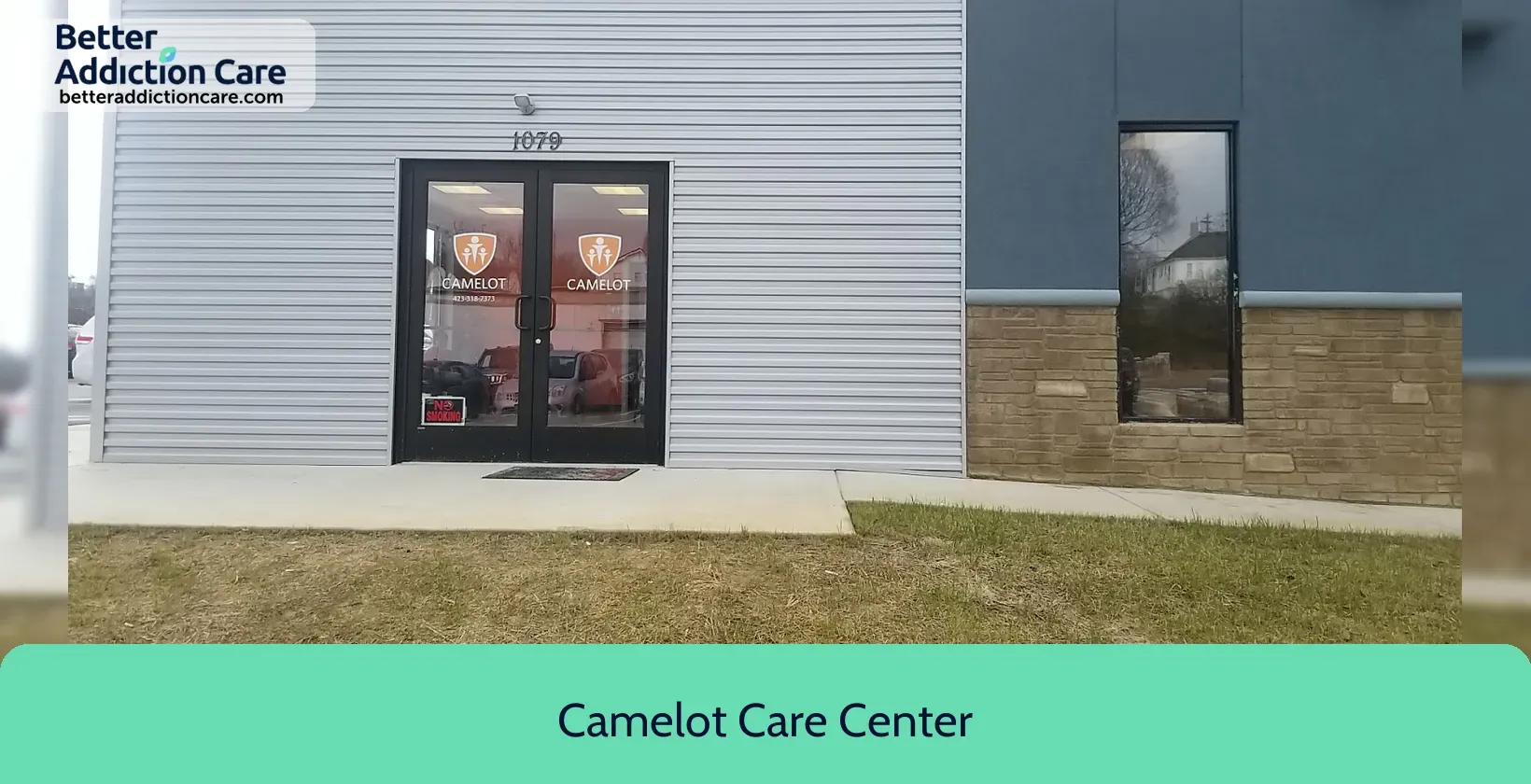
6.86
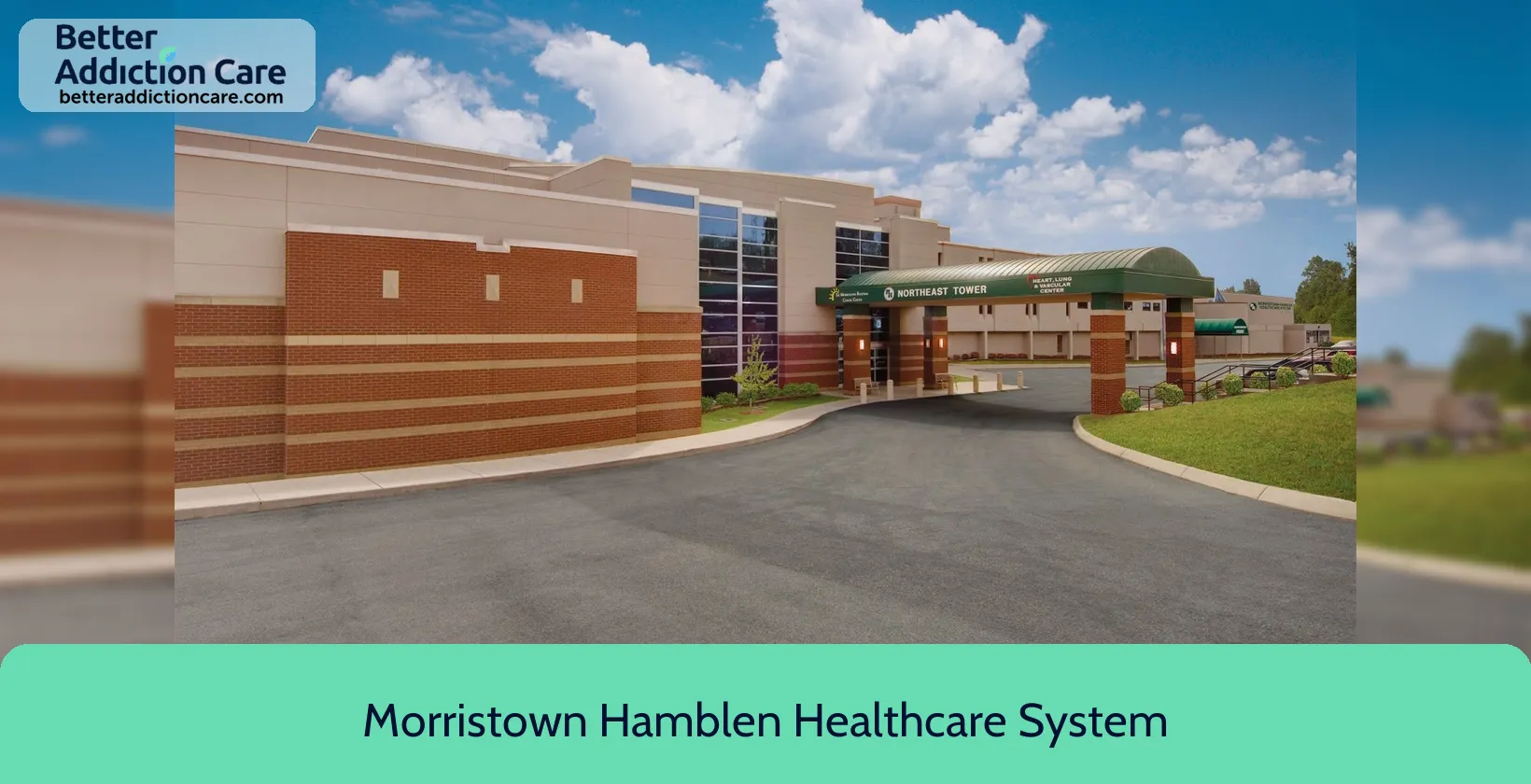
6.62
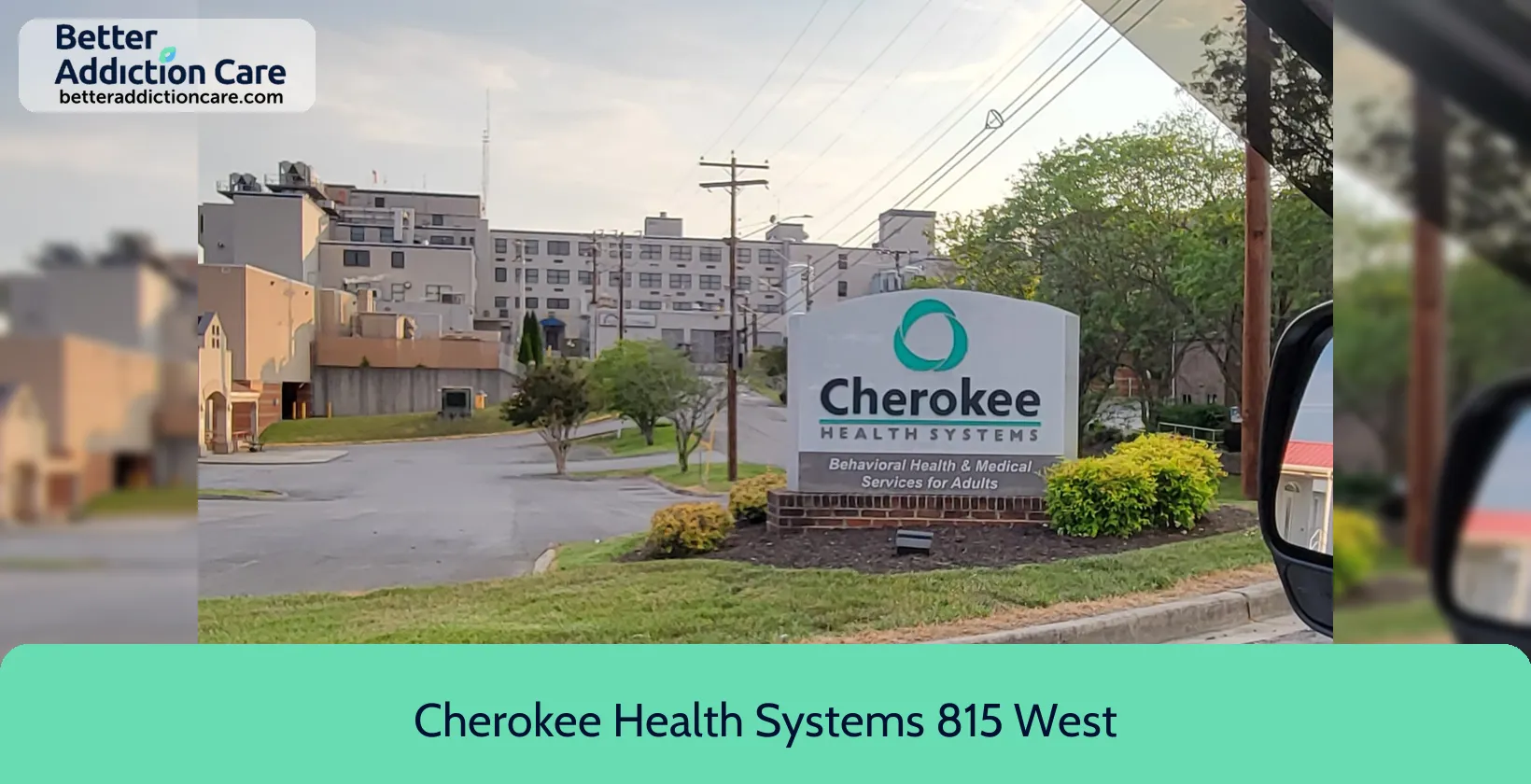
7.14
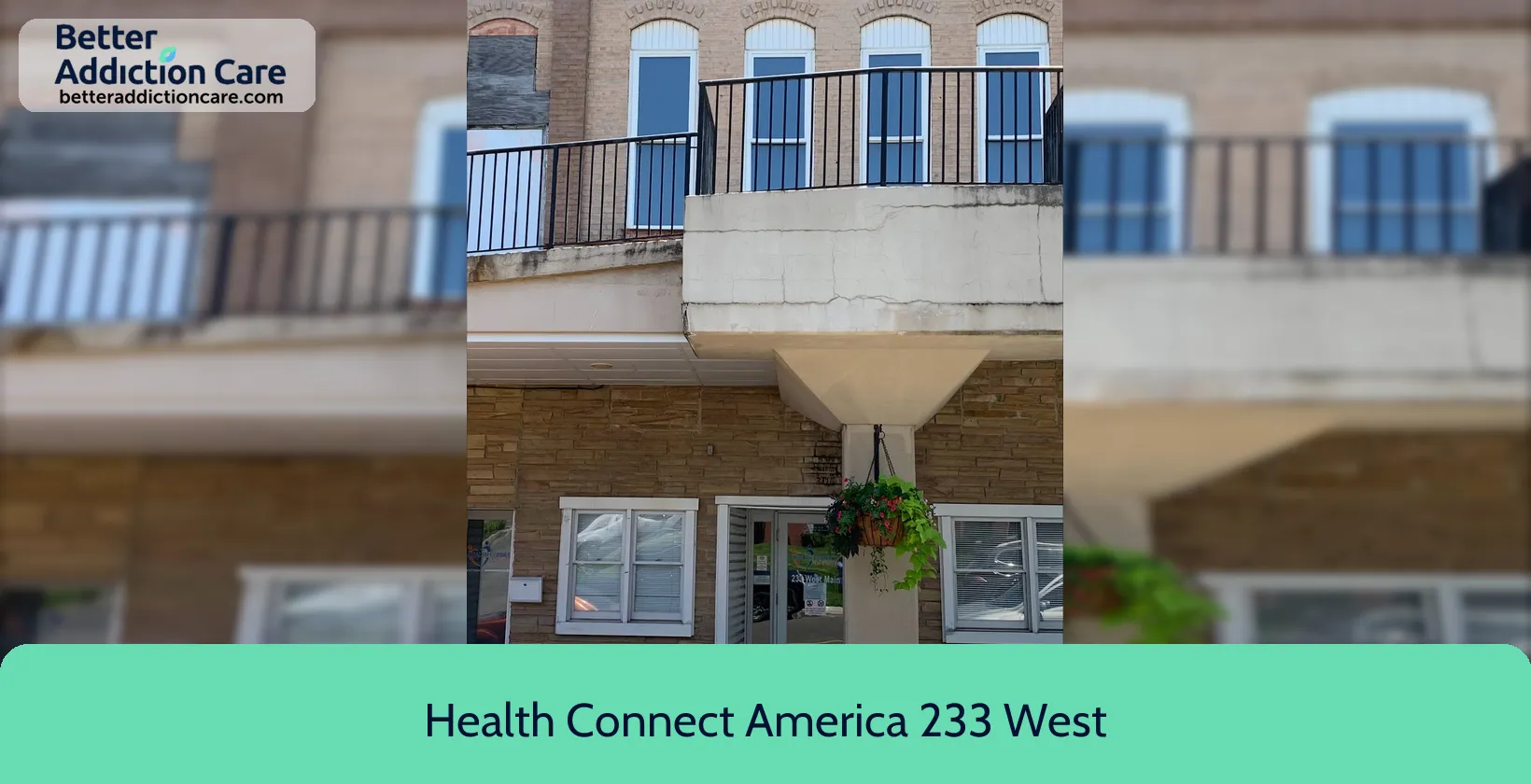
6.97
DISCLAIMER: The facility name, logo and brand are the property and registered trademarks of Health Connect America 233 West Main Street, and are being used for identification and informational purposes only. Use of these names, logos and brands shall not imply endorsement. BetterAddictionCare.com is not affiliated with or sponsored by Health Connect America 233 West Main Street.
